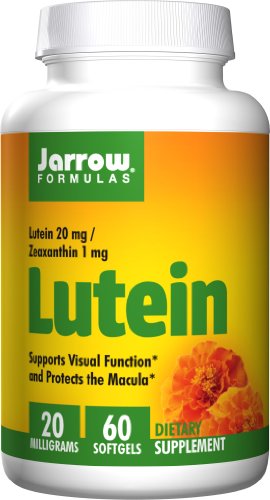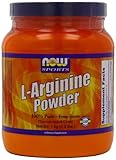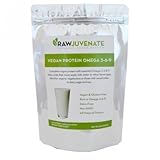Jarrow Formulas Lutein, 20 mg, 60 Count
Product Description
Amazon.com

Provides effective levels of the important eye-protecting nutrients lutein and zeaxanthin.

Better stability and absorption with naturally occurring lutein esters.
View larger.
Two "Minor" Carotenoids Provide Major Protection
Jarrow Formulas Lutein is a blend of lutein and zeaxanthin extracted from marigold petals and then purified into crystalline form. These carotenoids (a family of brightly colored pigments in plant foods) are less common than their better-known relative, beta-carotene, but they appear to offer more and greater benefits to the body. In particular, lutein and zeaxanthin have been shown clinically to support visual function and to protect the health of eye tissues as we age.* In addition, preliminary research suggests that lutein and zeaxanthin may support the cardiovascular system and help to maintain normal cell differentiation in the tissues of the breast, cervix, colon and skin.*
What are Lutein and Zeaxanthin?
Lutein and zeaxanthin are important antioxidants used by the body for a number of physiological functions.* Lutein is a carotenoid which does not supply vitamin A activity to the body. It is chemically distinctive in that it lacks part of the terminal "ring" structure of the other carotenoids. Like its close relative zeaxanthin, lutein is what is termed a xanthophyll carotenoid. Both of these related carotenoids are better antioxidants than is beta-carotene under normal oxygen conditions. Lutein can be metabolized into zeaxanthin and is therefore the more essential carotenoid. Zeaxanthin has been shown to be present in the center of the macula. Lutein and zeaxanthin are usually found together in leafy green vegetables, such as kale, broccoli, spinach and mustard greens.
One of the primary functions of lutein and zeaxanthin is to provide protection against oxidative and free radical damage.* These yellow-colored carotenoids are found in high concentrations within the macula lutea (the yellow spot in the center of the retina) and in smaller amounts throughout the retina and the eye lens. They are also present in the skin, breast and cervical tissues. These stores, however, appear to diminish with age if not regularly replenished through dietary means.*
Healthy Vision
Scientists believe that lutein and zeaxanthin contribute to the density of macular pigment--the component of the eye which typically absorbs and filters out 40 to 60 percent of damaging near-ultraviolet blue light (near-UV blue light) which strikes the retina. The denser the pigment, the more the inner retina is protected from light-induced damage. Lutein/zeaxanthin also helps limit blue light damage to the inner retina by protecting against lipid peroxidation and by neutralizing free radicals.*
Considerable evidence shows the importance of lutein and zeaxanthin in supporting the health of the eye lens as we age.* The results of a study published in the British Medical Journal showed that the consumption of spinach maintained eye lens health better than other vegetables, such as carrots, sweet potatoes and winter squash, which contain primarily beta-carotene and very little lutein. Similarly, according to a study published in the Journal of the American Medical Association, people who eat foods rich in lutein--particularly kale and spinach--are more likely to maintain optimal vision.* Protection most likely comes from the scavenging of free radicals. Lutein/zeaxanthin helps to guard against peroxidation in the lens, thus limiting damage to this tissue.*
Cardiovascular Health
As is true of vitamin E, but not of other carotenoids, lutein is found in blood plasma at levels correlated with the amount of cholesterol. Tests suggest that although lutein is a relatively minor component of LDL cholesterol in comparison with vitamin E, its antioxidant protective effects may be ten times greater if compared on a one-to-one basis.*
Regulated Cell Growth
Several studies have indicated that lutein and zeaxanthin may be helpful in protecting cells in various tissues of the body, such as the skin, breast, cervix and large intestine.* A 1999 Harvard epidemiological study indicated that lutein is one of the nutrients which is associated with better breast health.* Likewise, a study published in the American Journal of Clinical Nutrition found a similar positive association between the consumption of lutein and colon health.* Lutein, like lycopene and a number of other carotenoids, would appear to influence the regulation of cell growth and repair.*
About Jarrow Formulas
Jarrow Formulas' complete line of over 350 nutritional products includes vitamins, minerals, probiotics, standardized herbal concentrates, amino acids, enzymes and enteral nutrition products. Customers can be assured of purity, value and potency when choosing these products.
What's in the Box
Jarrow Formulas Lutein, 20mg, 60 Softgels.

Other Products from Jarrow Formulas:










